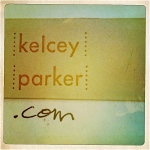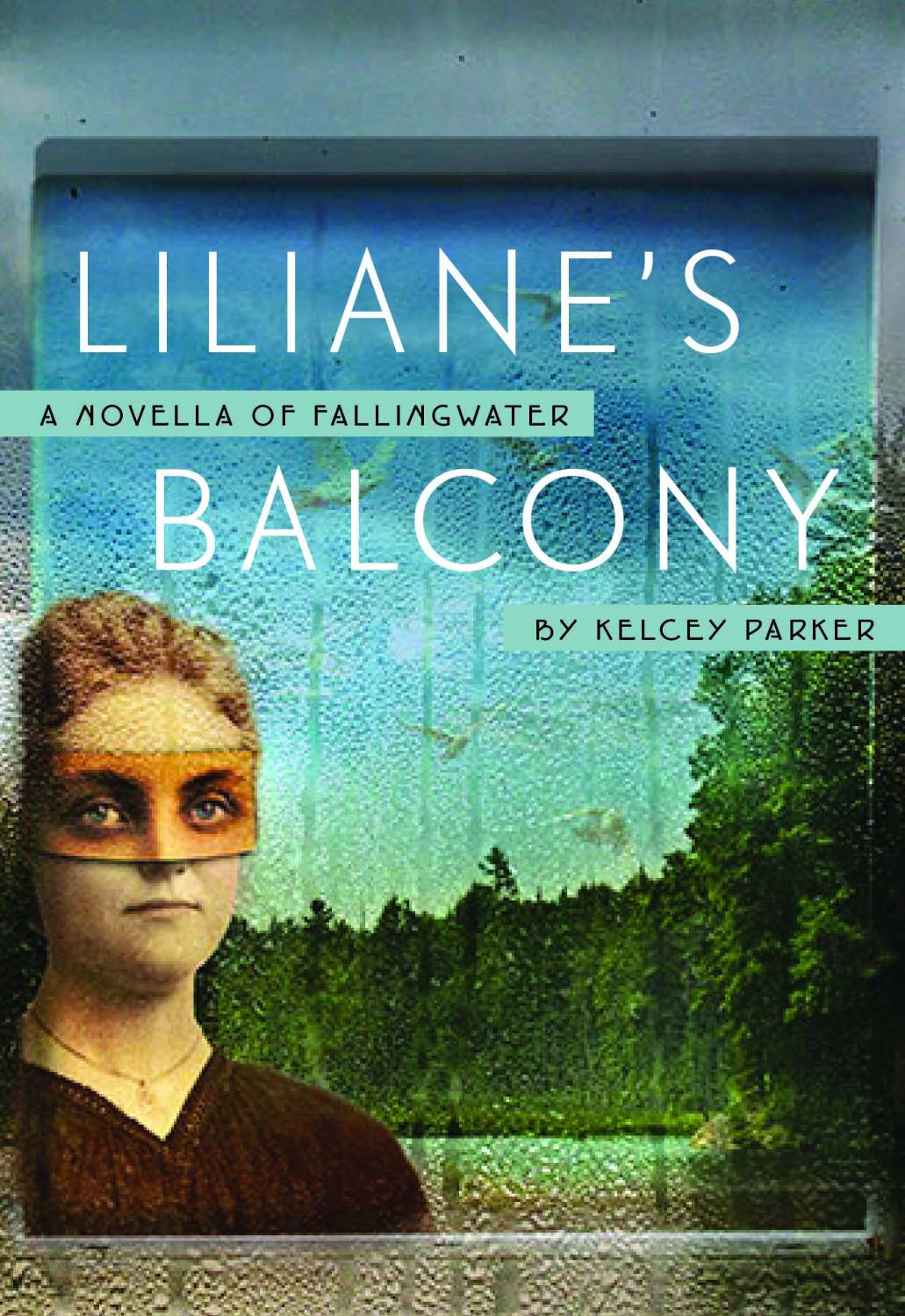This is one stop on Cris Mazza’s virtual book tour!
Click to keep up with the rest of the tour here.
———
I didn’t go to artist’s colonies or conferences,
didn’t flirt with, seduce or receive seduction from visiting writers.
I just kept writing, and submitting.
Cris Mazza is the author of over 17 books, including Various Men Who Knew Us as Girls, Waterbaby, Trickle-Down Timeline, and Is It Sexual Harassment Yet? Her first novel, How to Leave a Country, won the PEN/Nelson Algren Award for book-length fiction. Mazza has co-edited three anthologies, including Men Undressed: Women Writers on the Male Sexual Experience. In addition to fiction, Mazza has authored collection of personal essays, Indigenous: Growing Up Californian. Currently living 50 miles west of Chicago, she is a professor in the Program for Writers at the University of Illinois at Chicago.
Website: cris-mazza.com
SOMETHING WRONG WITH HER companion novel: Various Men Who Knew Us As Girls
Stories: Trickle-Down Timeline
Editor: Men Undressed: Women Writers on The Male Sexual Experience
On the Radio: Ask Dr. Love
How Cris Mazza Became a Writer
This is the next installment in the How to Become a Writer interview series, which will post here at Ph.D. in Creative Writing every other Sunday (or so) until I run out of writers to interview, or until they stop saying yes. Each writer answers the same 5 questions. Thanks to Cris for saying yes!
1. Why did you want to become a writer?
Something happened around the time I was 13 or 14. I changed from an outgoing girl who had wanted to be an actress to a girl to whom being noticed was not safe, especially to be noticed for any female qualities I did (but mostly did not) possess. This “something” that happened was not an assault or huge betrayal. I can’t even point to an event or moment. Probably a culmination of disillusionment coming out of the feral world of junior high where I was none of the things that counted: stylish, popular, beautiful, mature, worldly, sexually provocative, or even up-to-date. It wasn’t called bullying then, and what I experienced of it was hardly the life-threatening sort one hears about now. But I turned inward, and I began dressing as androgynously as allowed on my hand-me-down clothing availability. I also turned to a typewriter to “talk” to. A journal is not an unusual way to discover that writing was a career path. But in the hours I spent pounding that typewriter, I discovered (and honed) my written voice, my written self … a self I was more comfortable putting out there to be “looked at.” On retrospect, I can see that the escapism of reading is also related to turning toward writing as an escape from an unfriendly world at adolescence. But I wasn’t making the connection to reading at the time. Pounding at the typewritten journal was communication; reading was escape. I needed both. I never thought “This is a way I can get attention,” but more like “This is who I am.”
2. How did you go about becoming a writer?
In college, I majored in Journalism. I loved everything about it. Except that I could not see myself pushing into crowds or calling strangers on the phone to get stories and quotes and sources. I loved the idea of journalism, and learned a lot, but abandoned it as a career as unsuitable for the introverted way I worked and thought. But I knew I needed to support myself. So I took my journalism BA to secondary teaching. I went through my student teaching before I quit that. I was very bad at it because I only could care about my own writing projects. No high school students deserve a teacher like that. Then I went back to grad school and this time focused on fiction writing, even though there was no clear “career path” at the other end. It’s possible to become a writer without a graduate writing program, but I hadn’t had enough of an absorption of reading and being around other nascent writers, so for me it was an environment that I needed. I now teach in a PhD program for writers and can see how just the community there adds easily as much as their coursework and mentorship from professors like me.
3. Who helped you along the way, and how?
I had good professors, but never had a consummate mentor in the way movies might portray. In the 80s, outside my in-home study, there might have been just as much career-building quid-pro-quo going on as is highly visible now, but I wasn’t aware of it nor part of any cliques or circles. I didn’t go to artist’s colonies or conferences, didn’t flirt with, seduce or receive seduction from visiting writers. I just kept writing, and submitting.
Instead of help from a mentor, a big break came for me when an unpublished novel manuscript won a national award. The judges didn’t know my age or gender (they said so in their comments) … I point this out because gender and age disparity is so much in the literary conversation these days. But this was in an era before one had an “internet persona” or could be looked up instantly to find a photo and bio. For once being unpopular, even genderless and obscure, had not been a deficiency. I was not writing to anyone’s expectations, and “somebody” (the judges) heard me.
4. Can you tell me about a writer or artist whose biography inspires you?
I have probably unconsciously steered clear of author biographies (although I read memoirs and personal essays). A memoir is an experience that the writer, by virtue of being a writer, is able to share in an artful narrative. A biography, it would seem, would have the purpose of building the story of how that person came to be a successful author. I don’t find that sort of knowledge beneficial to my appreciation of the author’s work. It is inspiring that Annie Proulx and Toni Morrison both started their publishing careers in middle-age. I also admire Alice Munroe, for staying the writer she was meant to be instead of allowing huge success to cause her to start writing toward expectations, or believing too much in the hype about her.
5. What would you say in a short letter to an aspiring writer?
Have something to say before you worry about having readers. Don’t be afraid of isolation – it used to be a writer’s world. Don’t avoid having the thoughts in your own head for your only company. Don’t be in such a hurry to spew those thoughts in public; let them mull, work them out. Don’t read something just because everyone else is. But read. Don’t expect feedback and/or gratification to be available every day, even though you see and hear others yapping about everything from how many pages they wrote today, to who they’re sending work, or what their characters did today. Have something to say before you listen for applause.













I really enjoyed the down to earth honesty of this interview. I am sick of yapping people myself – this is someone I could sit down and have a conversation with so lucky for you that you did. Agree with her tips to aspiring writers – have something to say before you worry about readers. We’re so busy self promoting like mini business models that we stray from the magic of silence and seem to have forgotten that before the internet writers managed to find their readers and visa versa.
Thanks, Keryn! I enjoyed Cris’s answers too, and I totally agree about the “magic of silence.” Thanks for reading. – kelcey
Hi, Keryn! This post is part of a stop on a virtual book tour promoting Cris’s new memoir, SOMETHING WRONG WITH HER. If you’d like a chance to win a signed copy, head over here http://thenextbestbookblog.blogspot.com/2014/03/the-audio-series-cris-mazza.html and leave a comment on the blog post!